Description
Porvoon ranta-aittoja by Alfred William Finch printed on a Hoodie
About the Hoodie
Modern fit
It provides a more tailored look than a regular fit
Comfortable
The fabric and fit of this item are extra comfy
Tear-away tag
Easily removable tear-away tag that allows you to add a custom inside label
Premium quality
The product is made from premium, high-quality materials
Classic unisex hoodie with a front pouch pocket and matching flat drawstrings. The 100% cotton exterior makes this hoodie soft to the touch.
- 65% ring-spun cotton, 35% polyester
- Charcoal Heather is 60% ring-spun cotton, 40% polyester
- Carbon Grey is 55% ring-spun cotton, 45% polyester
- 100% cotton face
- Fabric weight: 8.5 oz./yd.² (288.2 g/m²)
- Front pouch pocket
- Self-fabric patch on the back
- Matching flat drawstrings
- 3-panel hood
- Tear-away tag
Alfred William Finch (1854 –1930)
Alfred William (Willy) Finch was a ceramist and painter in the pointillist and Neo-Impressionist style. Born in Brussels to British parents, he spent most of his creative life in Finland.
Alfred William Finch was born on 28 November 1854 in Brussels, Belgium to British parents, Joseph Finch (a businessman) and Emma Finch (née Holach). He spent his youth in Ostende. When he was twenty-four he began studying for one year in Brussels at the Académie Royale des Beaux-Arts.
On 28 October 1883 he became a founding member of Les XX, a group of twenty Belgian painters, designers and sculptors, who rebelled against the prevailing artistic standards and outmoded academism. He was impressed by the works of Georges Seurat and Paul Signac and changed his own painting style from a more realistic approach into a pointillistic style. In the following years, Finch became one of the leading representatives of his style in Belgium, along with Théo van Rysselberghe.
During the early 1890s Finch switched careers from painting to pottery, upon the realization that he couldn’t make a living by painting.
In 1897, invited by count Louis Sparre, Finch moved to Porvoo, Finland, to head the Iris ceramics factory, and influenced the development of the local Jugendstil. After the factory was closed, Finch resumed his painting career.
Finch died in Helsinki on 28 April 1930.

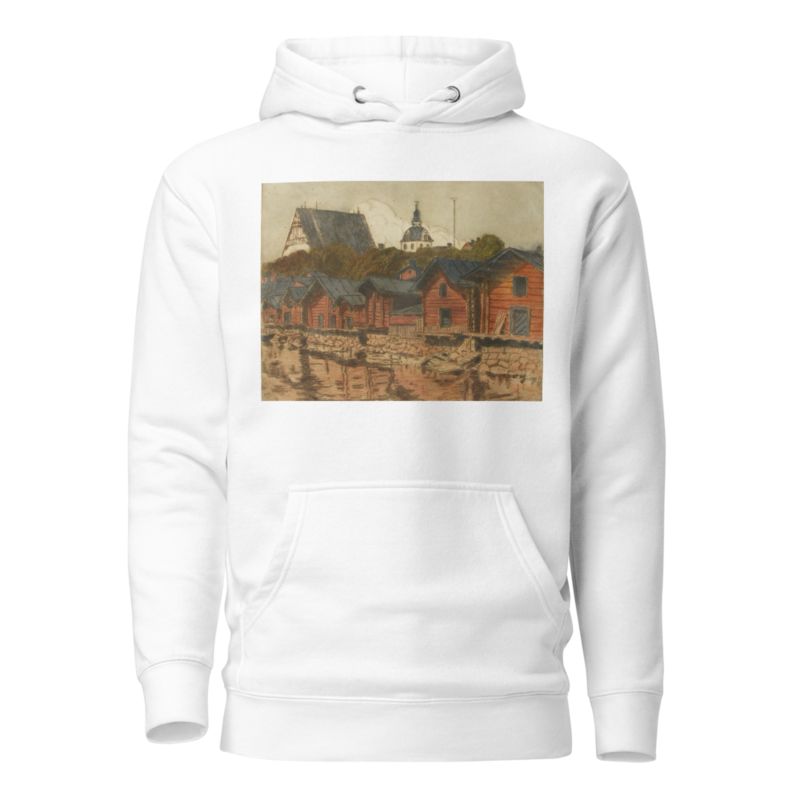
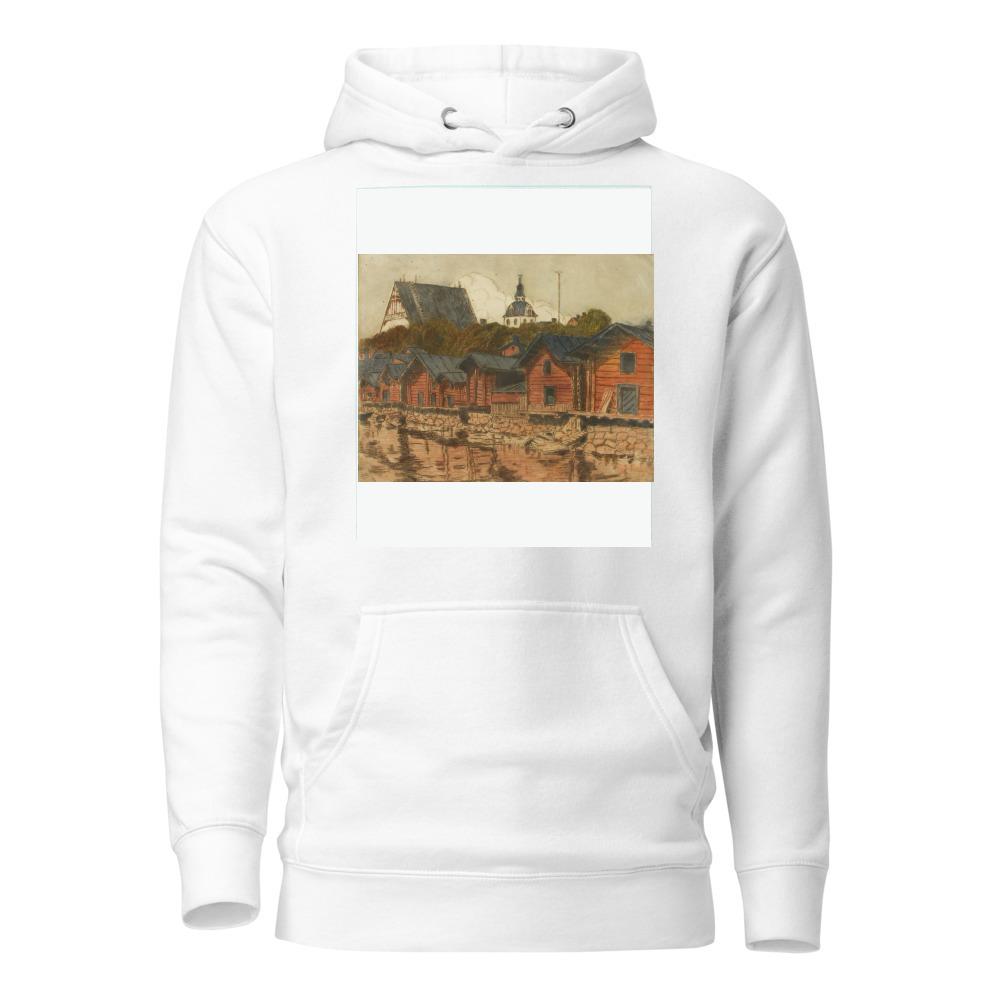
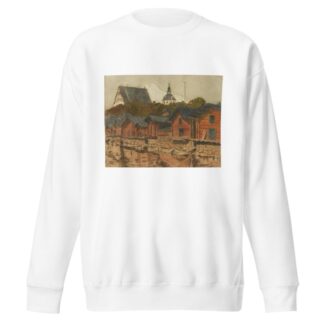
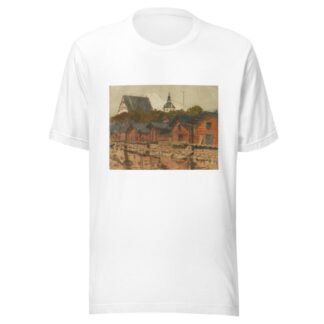
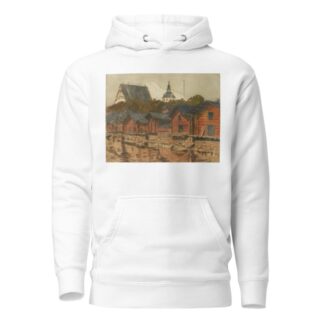
Reviews
There are no reviews yet.